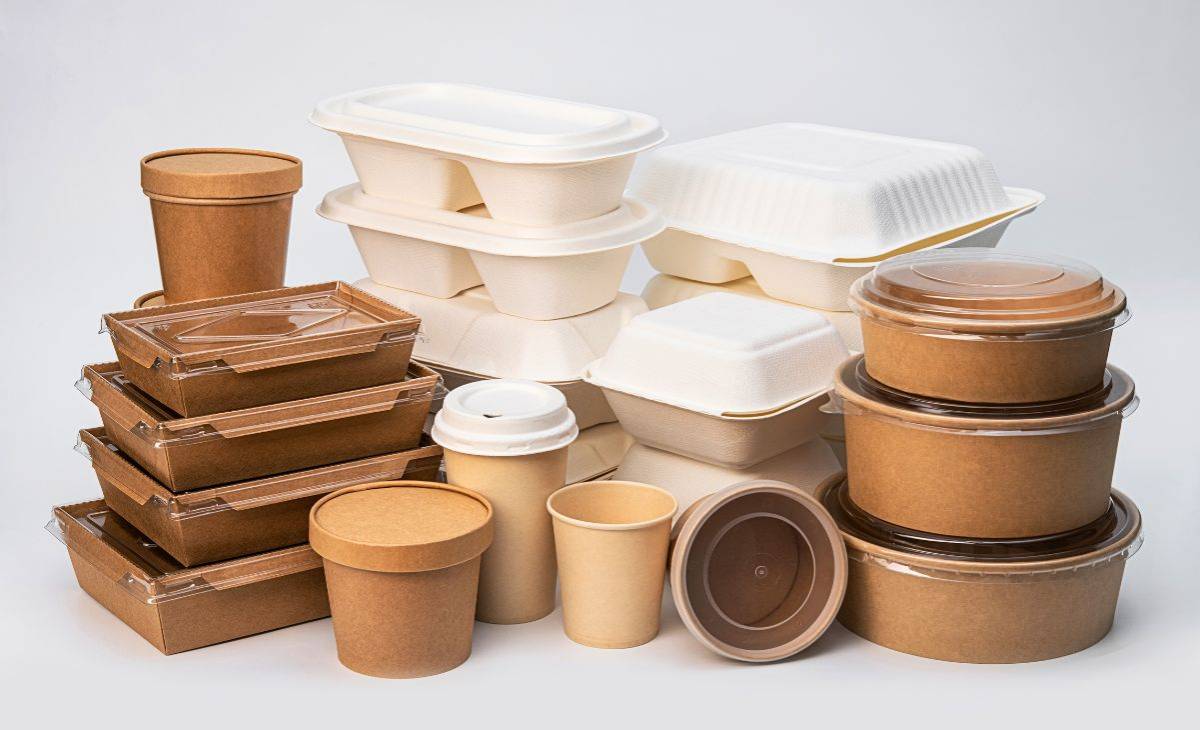FDA takes action to eliminate PFAS from food packaging
In a significant move to protect public health, the US Food and Drug Administration (FDA) has announced that substances containing Per- and Polyfluoroalkyl Substances (PFAS) used as grease-proofing agents in food packaging are no longer being sold in the United States. This marks the completion of a voluntary market phase-out of these substances, which were commonly applied to paper and paperboard packaging to prevent grease and oil leakage and provide water-resistant properties.
The use of PFAS in food packaging has been a cause for concern due to the potential health risks associated with exposure to these chemicals. While some types of PFAS have been linked to serious health effects, the FDA has authorized limited use of certain PFAS in cookware, food packaging, and food processing equipment. The voluntary phase-out of PFAS in food packaging eliminates the primary source of dietary exposure to these chemicals from authorized food contact uses.
The FDA's actions to address the use of PFAS in food packaging began with a post-market safety assessment in the early 2000s. As a result of safety concerns, the FDA revoked authorizations for the use of a class of PFAS known as "C8 compounds" or "long-chain" compounds between 2011 and 2016. These were gradually replaced with substances containing "short-chain" PFAS, which were considered safe based on the data available at that time.
However, in 2020, the FDA received data that raised potential safety concerns about a specific short-chain PFAS called 6:2 fluorotelomer alcohol (6:2 FTOH). As a result, the FDA obtained commitments from manufacturers to cease sales of grease-proofing substances containing this specific PFAS for food contact use in the US market. The recent announcement confirms the fulfillment of these voluntary commitments.
The substances containing PFAS were widely used in various food packaging products, including fast-food wrappers, microwave popcorn bags, take-out paperboard containers, and pet food bags. While some manufacturers initially estimated that it could take up to 18 months to exhaust the existing supply of these products, many companies have already exited the market before their original phase-out dates.
The FDA acknowledges the cooperation of the industry in this effort to protect public health. The agency will continue to conduct post-market safety evaluations using the latest scientific evidence to ensure that risk determinations regarding food chemicals are accurate and based on current knowledge.
Source:






















